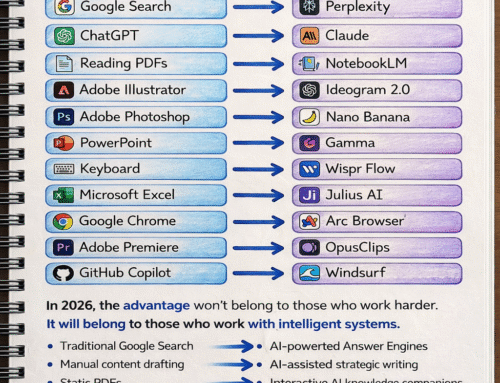From scaling billion-dollar startups to downsizing the U.S. government, Scott Kupor has made an unconventional career leap. The longtime Andreessen Horowitz partner—once the very first hire at the famed venture capital firm—is now Director of the U.S. Office of Personnel Management (OPM), taking on one of the Trump administration’s most ambitious mandates: reducing the federal workforce by nearly 300,000 roles.
Kupor’s appointment marks a striking intersection of Silicon Valley efficiency thinking and Washington bureaucracy. Where his predecessor Elon Musk brought chaos and spectacle through DOGE (the Department of Government Efficiency), Kupor presents himself as a measured operator—cowboy boots replacing chainsaws. His challenge: prove that sweeping cuts can be made with respect, structure, and lasting impact, without eroding trust or effectiveness in government.
Already, more than 50,000 federal jobs have been phased out through retirements, buyouts, and resignations. Kupor insists that most future reductions will follow similar paths rather than mass layoffs. “You have to know you’re being judged by the people who are staying,” he says, underscoring his more diplomatic approach compared to Musk’s blunt tactics.
But the stakes remain high. The administration has tied Kupor’s role to rebuilding efficiency, restoring trust, and integrating new technologies into government processes. He is exploring AI tools for streamlining rulemaking, rethinking outdated hiring practices, and reshaping performance management to reward true excellence.
Kupor’s journey from venture capital boardrooms to the heart of federal HR policy reflects his deeper belief that entrepreneurship and governance share common ground: vision, execution, and the courage to take risks. While he acknowledges “this is not venture capital,” he sees room for calculated changes that could deliver even modest gains in efficiency—wins he argues would ripple across the entire federal structure.
The question now is whether Kupor’s pragmatic style can outlast the political heat, legal battles, and cultural resistance that have long plagued reform efforts. Is he the steady hand that can institutionalize efficiency without dismantling trust, or simply a more diplomatic face on an unpopular agenda?
Either way, Scott Kupor is no longer just shaping the future of startups—he’s stress-testing the future of the U.S. government.






Leave A Comment